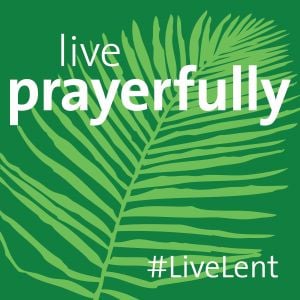 The first half of the book of Daniel details the ways in which Judahites live under the Chaldean hegemony while still being faithful to their identity as the chosen people of God. They reject Babylonian food in observance of their own dietary laws and continue to pray to the God of Israel even as official decrees against such acts put their lives in danger. Today’s reading from the Hebrew Bible, the story of three Jewish men and the fiery furnace, is no exception.
The first half of the book of Daniel details the ways in which Judahites live under the Chaldean hegemony while still being faithful to their identity as the chosen people of God. They reject Babylonian food in observance of their own dietary laws and continue to pray to the God of Israel even as official decrees against such acts put their lives in danger. Today’s reading from the Hebrew Bible, the story of three Jewish men and the fiery furnace, is no exception.
The ruler of Babylonia, King Nebuchadnezzar, erects a massive image (Dan 3:1) and orders all his subjects from those in his immediate court down to the peasants to worship the monument (v. 5) under penalty of immolation in a furnace. When our Jewish protagonists do not follow this decree, we see how Babylonian courtiers seize the opportunity to remove their foreign competition by reporting their disobedience to the king (v. 12). King Nebuchadnezzar interrogates the men about their insolence which they do not deny. In the Aramaic, the three Judahite men always speak and act of one accord in the 1st person common plural: “our,” “we,” “us.” They argue “if our God, whom we serve, can save us from the white-hot furnace and from your hands, O king, may he save us!” (v. 17). They are strong and resolute in resisting the will of their hegemonic overlord as one voice. They even face impending death with a certain clarity and unparalleled solidarity: “But even if he will not, know, O king, that we will not serve your god or worship the golden statue that you set up” (v. 18).
During this season of Lent, I reflect on the advent of God’s kingdom on earth. But in this period of advocating for the future I want to see, I grow exhausted when I see how the authorities of this world seem to be winning. I see how the government puts profits before respecting indigenous peoples’ sacred lands. I see how people take on suffocating medical debt for the most basic of necessities needed to live. I see how the government wants to sacrifice the most vulnerable of our population, our Lolos and Lolas, for the good of the economy. But I remember that I am not alone in resisting the empire of oppression. When I raise my voice to name and oppose injustice, I speak in solidarity with, and therefore raise, the voices of the martyrs and prophets on the margins. This Lenten season, let’s remember whose voices we lift up and speak with in prophesying the coming of God’s kingdom on earth and that even if God’s kingdom is not fully realized in our lifetime, we will never bow down to empires of oppression.



